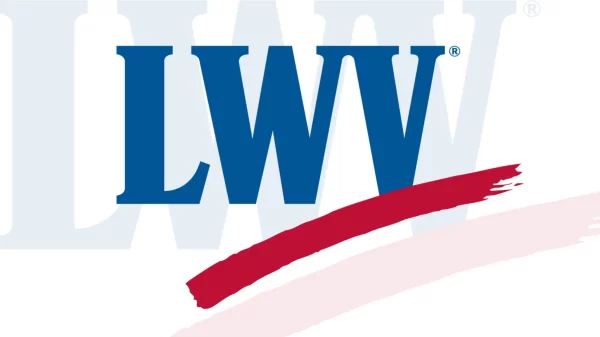By Bill Britt
Alabama Political Reporter
At first glance, an omnibus ethics bill sponsored by Senate President Pro Tempore Del Marsh, R-Anniston, is a beast of a bill by Alabama standards, but it may very well be a definite first step toward strengthening and clarifying the state’s toughest-in-the-nation ethics laws.
Widely seen as the work product of former Attorney General Luther Strange and his team, SB343 is an ambitious piece of legislation that would “substantially revise the law relating to ethics of public officials and public employees,” according to the bill’s synopsis.
Weighing in at 118 pages, the long-awaited overhaul of the ethics code takes —in part—aim at regulatory body loopholes, which have been exploited by certain individuals.
Section 36-25-1(b)(38): Makes clear the definition of a regulatory body includes the Ethics Commission and the Public Service Commission.
Over the past few years, a member of the Ethics Commission and a regulator at the PSC have voted on issues with a clear conflict of interest. Section 36-25-12, as found on page 76-78 of the new bill, blocks such action in the future.
Under current law, it is not illegal for a member of the Ethics Commission to vote with a conflict of interest as the Alabama Political Reporter reported about Judge Charles Price’s vote on a ethics opinion concerning the Montgomery Chamber of Commerce.
In October 2017, APR reported a little-known fact: The Alabama Ethics Commission is not governed by the laws it is charged with enforcing.
That was made abundantly clear when Commissioner Judge Charles Price voted with a conflict of interest at an Oct. 5 commission meeting. The conflict arose when he voted yes on an advisory opinion that permitted the city of Montgomery to give money to the local Chamber of Commerce. Price, a retired Montgomery circuit judge, is a board member of the chamber and will shortly become its president.
Price likely did not commit a felony, nor any crime, for that matter, because the Ethics Commission falls outside the scope of “public officials” or “employees” under the state ethics laws.
Under revisions provided in SB343, the same rules that apply for city councils, county commissions and the Legislature will now apply to the Ethics Commission.
Marsh’s legislation, if passed, would prevent this type of vote from occurring by including the Ethics Commission as a prohibited class.
SB343 also addresses a vote taken by PSC Commissioner Chip Beeker when he voted for a regulatory action that could have potentially offered a financial benefit to him or a family member.
Lastly, Section 36-25-12 will close the additional loophole of straw-men businesses giving PSC members a thing of value.
While APR has not made a thorough analysis of all the changes to the state’s ethics code, these two are a welcome start.























































